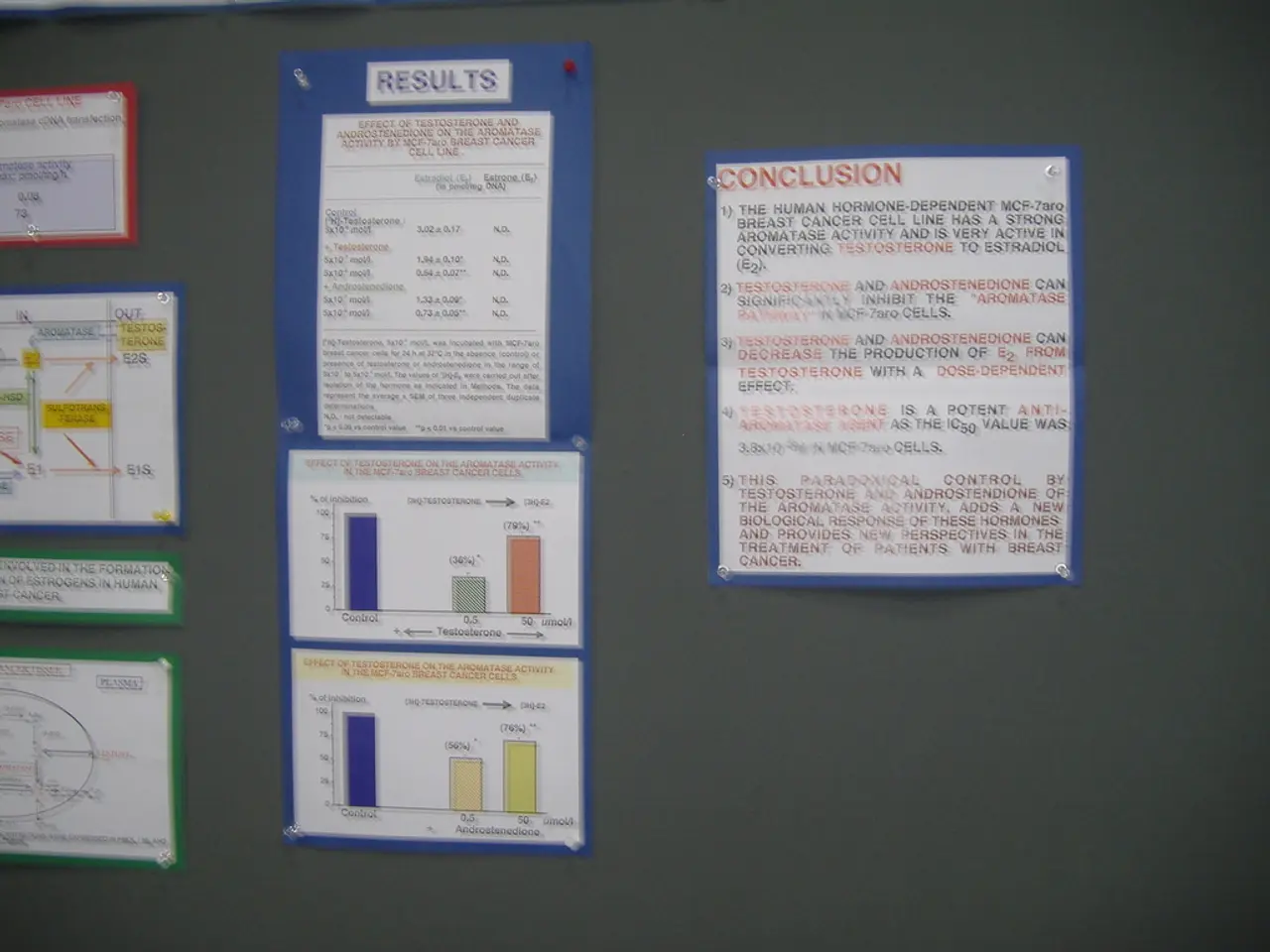Unveiled: Recipient of Meticulous Tender Document Analysis Wins Prizes!
The Dutch security company HD Security Services B.V. has expressed concerns about an abnormally low tender in a European public tender for security services at Ukrainian refugee reception sites, organised by the Municipality of Gooise Meren. The company came second in the tender but believes the winning bid violates the tender documents.
According to European public tender rules, a losing bidder seeking to prove that an abnormally low tender violates the tender documents must provide sufficient and concrete substantiation. This means that the losing bidder must demonstrate that the tender's pricing is inconsistent with the tender documents, such as failing to cover mandatory cost components like wage levels stipulated by applicable Collective Labour Agreements (CLA), travel allowances, or other required expenses.
In this case, HD Security Services argues that the winning bidder's hourly rate is too low and does not cover the costs required to meet the Schedule of Requirements, including the Collective Labour Agreement for Private Security. The intervening party, however, plans to deploy employees in a lower salary scale on the assignment.
The tender documents require all-in hourly rates that include all costs required to meet the Schedule of Requirements, including the Collective Labour Agreement for Private Security. The intervening party submitted a tender with an hourly rate of EUR 34.98, which HD considers contrary to the tender documents.
However, the Municipality of Gooise Meren has stated that the tender documents did not state that the workers to be taken over actually had to be assigned to the contract in question, allowing the winning tenderer to apply a lower all-in hourly rate.
HD Security Services has argued that the winning bidder's tender violates the tender documents, but the interim relief judge dismissed the claims after the Municipality conducted a second and third investigation.
The Sopra Steria judgment, discussed in the context of European public tenders for security services, sets a standard that prevents speculative claims and rewards a precise and well-substantiated reading of the tender documents. To prove an abnormally low tender violates tender documents under the Sopra Steria approach, a losing bidder must provide detailed, objective evidence of non-compliance with contractual cost requirements, challenge and undermine the winning bidder’s explanations with concrete facts, and show that the tender documents mandate costs or conditions that the low price cannot realistically fulfil.
This approach was illustrated in a case involving the Municipality of Gooise Meren in the Netherlands, where HD Security Services challenged a winning tender with hourly rates deemed too low. The court held that HD did not sufficiently prove the winning offer violated the tender documents because HD failed to conclusively show that the workers would be deployed in breach of the CLA stipulations or that the other costs were not covered. The winning bidder's explanations were deemed plausible, so the tender was upheld.
In conclusion, the case highlights the importance of a precise and well-substantiated reading of the tender documents in European public tenders for security services. HD Security Services B.V. will have to provide detailed and concrete evidence to prove that the winning bidder's tender violates the tender documents if it wants to challenge the decision of the Municipality of Gooise Meren.
HD Security Services B.V. needs to provide detailed and concrete evidence that the winning bidder's tender, which they believe violates the tender documents, fails to cover mandatory cost components like wage levels stipulated by applicable Collective Labour Agreements (CLA), travel allowances, or other required expenses, as per European public tender rules.
According to the Sopra Steria approach, HD Security Services must provide detailed, objective evidence of non-compliance with contractual cost requirements, challenge and undermine the winning bidder’s explanations with concrete facts, and show that the tender documents mandate costs or conditions that the low price cannot realistically fulfil to prove that the winning bidder's tender violates the tender documents.




